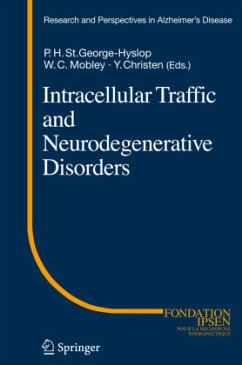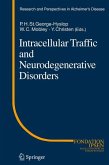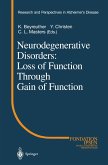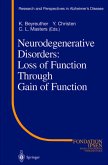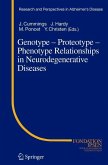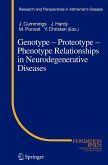This book explores the role of sub-cellular trafficking in the pathogenesis, treatment and prevention of neurodegenerative diseases. Recent findings point to faulty trafficking as contributing to the dysfunction and degeneration of neurons and neural circuits. Increasingly, research is targeting the mechanisms responsible and means to address them therapeutically. Many adult onset neurodegenerative diseases appear to arise from the accumulation of misfolded, neurotoxic peptides. This book investigates the ways in which sub-cellular trafficking pathways play a role both in the pathological accumulation of these misfolded proteins and in attempts to clear them. Because subcellular protein trafficking has an important role in the biology of neuronal function and survival, this also addresses how trophic factors maintain cell: cell interactions and how the underlying mechanisms may be compromised in neurodegenerative diseases. Examples where the use of such trophic factors may provide a way to modify neurodegenerative diseases are investigated.
From the reviews:
"This monograph is an up to date account of the abnormalities in axonal transport of proteins and molecules in neurons in the aging and diseased brain. ... This book is meant for neuropathologists, neurologists, and advanced graduate students in the Neurosciences. I can recommend it for these professionals without hesitation." (Joseph J. Grenier, Amazon.com, November, 2013)
"This monograph is an up to date account of the abnormalities in axonal transport of proteins and molecules in neurons in the aging and diseased brain. ... This book is meant for neuropathologists, neurologists, and advanced graduate students in the Neurosciences. I can recommend it for these professionals without hesitation." (Joseph J. Grenier, Amazon.com, November, 2013)

